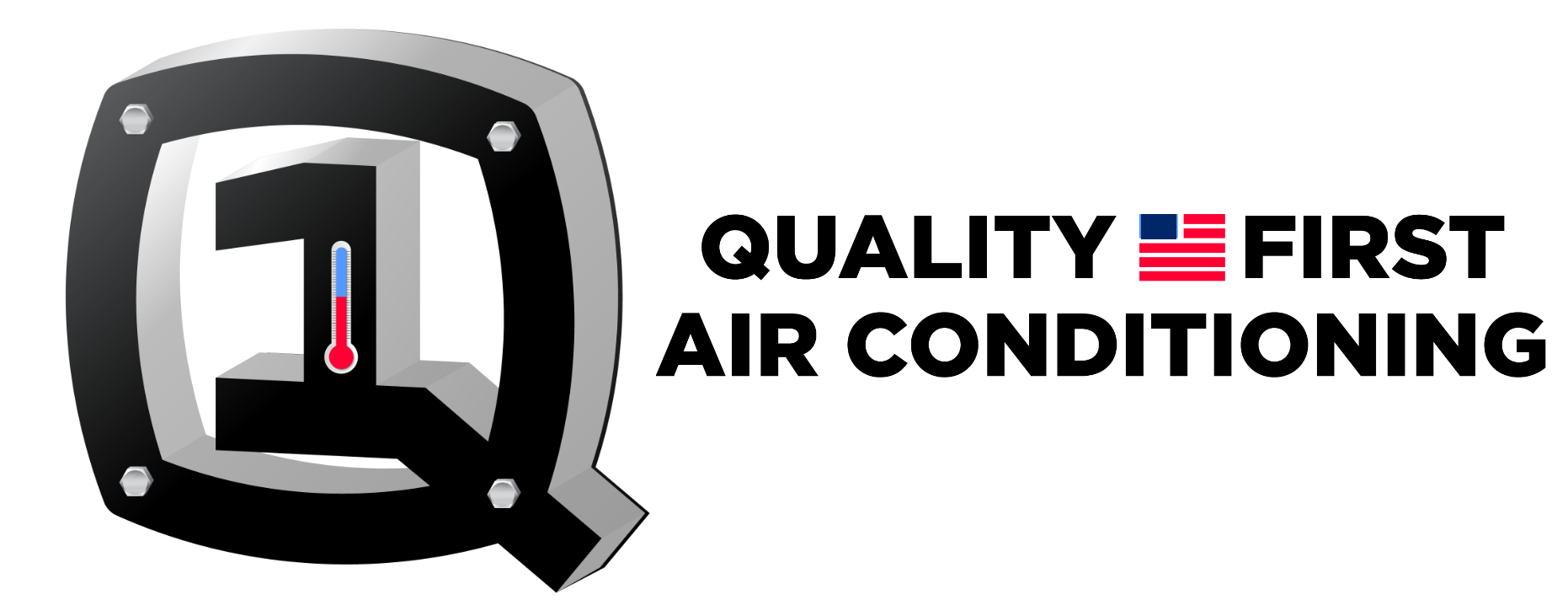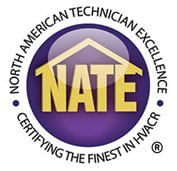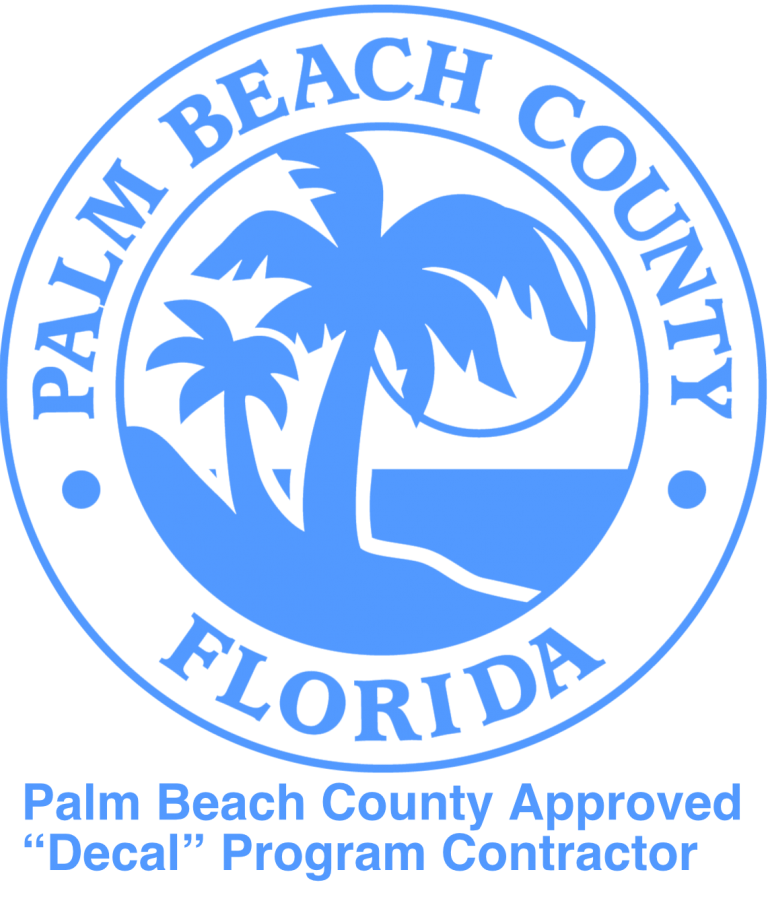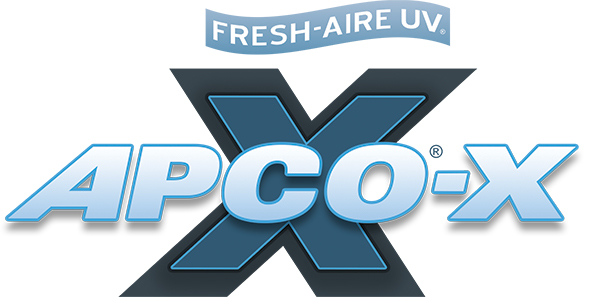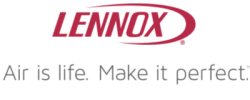-
-
What are the benefits of enrolling in an AC maintenance program?
-
How does smart technology integration enhance an AC maintenance program?
-
Why is reducing energy use important in an AC maintenance program?
-
How do future trends influence the development of AC maintenance programs?
-
What factors should be considered when choosing an HVAC maintenance plan?
-
Are you tired of unexpected breakdowns and costly repairs for your AC unit? It’s time to take control with an efficient AC maintenance program. Regular maintenance not only ensures your system runs smoothly but also extends its lifespan, saving you money in the long run. With a tailored maintenance plan, you can enjoy consistent comfort in your home or office without the worry of sudden malfunctions. Stay ahead of the game and save by scheduling a maintenance appointment to keep your AC unit in top-notch condition year-round. Say goodbye to last-minute fixes and hello to peace of mind with a proactive AC maintenance program.
Key Takeaways
-
Implement a regular maintenance plan for your HVAC system to ensure optimal performance and longevity.
-
Consider the environmental impact of your HVAC system and explore energy-efficient options to reduce your carbon footprint.
-
Incorporate smart technology into your HVAC system for improved efficiency and convenience.
-
Stay informed about future trends in HVAC technology to make informed decisions about system upgrades.
-
When choosing an HVAC maintenance plan, prioritize comprehensive coverage and reliable service providers.
-
Reduce energy consumption by following recommended maintenance schedules and utilizing energy-saving features on your HVAC system.
HVAC System Types

Heating Systems
Regular maintenance schedules for heating systems are crucial to maintain peak performance and efficiency. Checking for leaks and blockages in ducts is essential to prevent energy wastage. Upgrading older heating units to more energy-efficient models can result in significant cost savings over time.
Cooling Systems
Scheduling routine maintenance for cooling systems is vital to avoid unexpected breakdowns, especially during hot seasons. Cleaning or replacing air filters in cooling units is necessary to ensure good indoor air quality. Investing in smart thermostats can provide better control over temperature settings and lead to energy savings with cooling systems.
Hybrid Systems
Hybrid systems that integrate both heating and cooling functions offer versatile solutions for varying climate needs. Opting for hybrid systems can help reduce overall energy consumption and subsequently lower utility bills. Proper maintenance of hybrid systems is key to maximizing their efficiency and extending their lifespan.
Efficiency Gains
System Upgrades
Upgrade your outdated HVAC systems to enhance energy efficiency and decrease your carbon footprint. By investing in programmable thermostats, you can achieve better temperature control and significant cost savings over time. Explore the latest system upgrades that incorporate advanced diagnostics and predictive maintenance features to streamline your AC maintenance program.
Consider upgrading to energy-efficient appliances and lighting fixtures for long-term savings. Implement simple yet effective energy-saving tips such as sealing air leaks and insulating ducts to reduce overall energy consumption. By using natural ventilation methods and shading techniques, you can minimize reliance on cooling systems, leading to reduced energy bills.
Energy Saving Tips
-
Seal air leaks
-
Insulate ducts
-
Use natural ventilation
-
Upgrade appliances
-
Install energy-efficient lighting
Environmental Impact
Sustainable Practices
Recycle old HVAC equipment to lessen the environmental impact by reducing waste and promoting sustainability. Investing in solar panels can power HVAC systems sustainably, decreasing reliance on traditional energy sources. Prioritizing energy efficiency and sustainability in green building designs aids in reducing environmental harm.
-
Pros:
-
Reduces waste
-
Promotes sustainability
-
Decreases reliance on traditional energy sources
-
Adopting sustainable practices like recycling old HVAC equipment can significantly reduce the environmental impact of heating and cooling systems. By investing in renewable energy sources such as solar panels, buildings can operate HVAC systems more sustainably. Green building designs that focus on energy efficiency play a crucial role in minimizing environmental harm.
Carbon Footprint Reduction
Calculate the carbon footprint generated by HVAC usage to understand its environmental impact better. Choosing eco-friendly refrigerants for HVAC systems helps lower greenhouse gas emissions, contributing to a reduced carbon footprint. Supporting carbon offset programs can further mitigate the environmental effects of HVAC operations.
-
Opt for eco-friendly refrigerants
-
Support carbon offset programs
Reducing the carbon footprint associated with heating and cooling systems involves assessing their environmental impact through carbon footprint calculations. Utilizing environmentally friendly refrigerants in HVAC units is an effective strategy for decreasing greenhouse gas emissions. Participating in carbon offset programs can help counterbalance the environmental consequences of HVAC operations.
Maintenance Plan Benefits
Improved Air Quality
Maintaining an AC maintenance program can significantly improve indoor air quality. By installing air purifiers or UV lights in HVAC systems, you can effectively eliminate harmful particles and bacteria from the air. Regularly cleaning air ducts and vents is crucial to prevent the accumulation of dust and allergens, ensuring clean and healthy air circulation. Monitoring humidity levels in indoor spaces is essential for creating a comfortable environment while preventing mold growth and maintaining optimal air quality.
Extended Equipment Life
Adhering to a structured maintenance plan can extend the lifespan of HVAC equipment. By following the manufacturer’s guidelines for maintenance, you can ensure that your systems operate efficiently for longer periods. Scheduling regular inspections and tune-ups allows professionals to identify and address potential issues before they escalate, preventing costly repairs or replacements. Investing in high-quality filters and parts is key to safeguarding the longevity of HVAC systems, reducing the risk of breakdowns and enhancing overall performance.
Regular Maintenance Importance
Cost Savings
Regular maintenance helps in cost savings by conducting energy audits to pinpoint HVAC operational areas for improvement. Comparing energy-efficient HVAC models is crucial to find the best cost-saving options. Utilizing programmable thermostats and zoning systems can optimize energy usage and reduce costs.
-
Energy audits identify areas for improvement
-
Comparison of energy-efficient HVAC models
-
Utilize programmable thermostats and zoning systems
Performance Optimization
Monitoring HVAC system performance metrics is essential to identify inefficiencies and optimize settings effectively. Adjusting airflow and ventilation settings enhances comfort levels and boosts energy efficiency. Implementing regular maintenance checks ensures the peak performance of HVAC systems.
-
Monitor performance metrics for identifying inefficiencies
-
Adjust airflow and ventilation settings for comfort and efficiency
-
Regular maintenance checks ensure peak performance
Smart Technology Integration
Predictive Maintenance
Implement predictive maintenance strategies using IoT sensors. Detect issues before they escalate for timely repairs. Utilize data analytics to predict maintenance needs accurately. Schedule proactive repairs to prevent system failures.
Invest in predictive maintenance software to streamline processes. Reduce downtime significantly by addressing potential problems proactively. By leveraging technology, address issues before they impact system performance adversely.
IoT Solutions
Explore IoT solutions for HVAC systems that offer remote monitoring and control features. Enable real-time adjustments and monitoring remotely for enhanced convenience. Integrate IoT sensors for continuous data collection and analysis to optimize system efficiency.
Implement IoT-enabled predictive maintenance tools to enhance system reliability. These tools can predict potential faults based on real-time data analysis, ensuring optimal performance. By integrating IoT solutions, ensure efficient operation and minimize unexpected breakdowns.
Future Trends
Sustainable Solutions
Embrace sustainable HVAC solutions to reduce environmental impact. Opt for geothermal heating and cooling systems that utilize the earth’s consistent temperature for energy efficiency. These systems have long lifespans, reducing the need for frequent replacements.
Consider energy recovery ventilation systems to enhance indoor air quality while conserving energy. These systems exchange stale indoor air with fresh outdoor air, all while recovering energy from the outgoing air stream. By doing so, they maintain a balanced indoor environment.
Explore green HVAC technologies that prioritize sustainability and eco-friendliness. From variable refrigerant flow systems to high-efficiency air filters, these technologies aim to minimize carbon footprints while ensuring optimal comfort levels. Investing in such solutions aligns with global efforts towards a greener future.
Advanced Diagnostics
Invest in HVAC systems equipped with advanced diagnostic features for proactive maintenance. These features enable real-time monitoring of system performance, helping identify potential issues before they escalate. By addressing problems promptly, you can prevent costly repairs and downtime.
Utilize diagnostic tools to analyze system data and pinpoint inefficiencies accurately. These tools provide insights into energy consumption patterns, airflow distribution, and overall system health. By leveraging this data, you can fine-tune your HVAC system for peak performance.
Train HVAC technicians on advanced diagnostic techniques to enhance maintenance practices further. Equipping them with the skills to interpret diagnostic results empowers them to make informed decisions swiftly. This proactive approach not only improves system reliability but also extends its operational lifespan.
Choosing HVAC Plans
Cost Comparison
When considering hvac services, it’s crucial to compare the long-term costs of various HVAC systems. Take into account installation, maintenance, and energy expenses over the system’s lifespan. Seek advice from HVAC professionals for detailed cost breakdowns tailored to your requirements.
-
Compare long-term costs
-
Include installation, maintenance, and energy expenses
-
Seek advice from HVAC professionals for personalized recommendations
Key Considerations
Before selecting an HVAC system, assess your heating and cooling needs. Evaluate factors such as system size, energy efficiency ratings, and maintenance demands. Collaborate with HVAC experts to grasp essential considerations for choosing the ideal system.
-
Assess heating and cooling needs
-
Evaluate system size, energy efficiency ratings, and maintenance requirements
-
Collaborate with HVAC experts for guidance
Reducing Energy Use
Efficient Systems
Opt for energy-efficient HVAC systems with high SEER ratings to save on energy costs. These systems consume less power while providing optimal cooling. Make sure your space has proper insulation and sealing to prevent energy wastage. By doing so, you enhance the efficiency of your HVAC system, reducing the load on it and lowering energy consumption. Regularly clean and maintain your HVAC equipment to keep it running smoothly. This maintenance ensures that the system operates efficiently, saving energy in the long run.
Behavioral Changes
Encourage energy-saving behaviors such as adjusting thermostat settings based on occupancy. Lowering or raising the temperature when no one is home can significantly reduce energy usage. Promote regular maintenance habits among household members to prolong the lifespan of your HVAC system. Simple tasks like changing filters regularly can improve efficiency and reduce energy consumption. Educate family members about the importance of energy conservation and sustainable practices in operating HVAC systems. Awareness about these practices can lead to more conscious energy use within your household.
Closing Thoughts
By understanding the various HVAC system types, efficiency gains, and environmental impacts, you can see the significant benefits of implementing a tailored AC maintenance program. Regular maintenance not only ensures optimal performance but also contributes to reducing energy consumption and prolonging the lifespan of your system. Integrating smart technology and staying informed about future trends can further enhance the effectiveness of your maintenance plan.
Choosing the right HVAC plan tailored to your needs is crucial in maximizing the benefits mentioned earlier. Remember, proactive measures today can lead to long-term savings and a more sustainable environment tomorrow. Take charge of your AC system’s maintenance now to enjoy improved efficiency, reduced environmental footprint, and enhanced comfort in your living spaces.
Frequently Asked Questions
What are the benefits of enrolling in a local HVAC maintenance program?
Regular maintenance ensures optimal efficiency, extends the lifespan of your HVAC system, reduces energy costs, prevents costly repairs, and maintains indoor air quality.
How does smart technology integration enhance an AC maintenance program?
Smart technology allows for remote monitoring, predictive maintenance alerts, energy usage tracking, and personalized settings for improved comfort and energy efficiency.
Why is reducing energy use important in an AC maintenance program?
Reducing energy consumption not only lowers utility bills but also minimizes environmental impact by decreasing greenhouse gas emissions associated with excessive energy use.
How do future trends influence the development of AC maintenance programs?
Future trends focus on sustainability, automation, and data-driven insights to provide more efficient and eco-friendly solutions tailored to individual needs.
What factors should be considered when choosing an HVAC maintenance plan?
Consider the scope of services offered, reputation of the provider, pricing structure, customer reviews, flexibility in scheduling appointments, and any additional benefits like emergency service availability.
